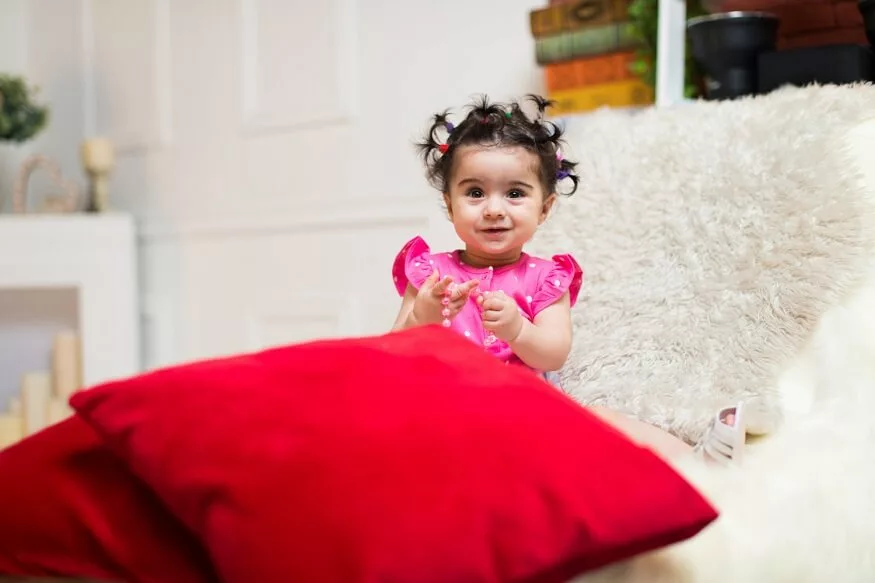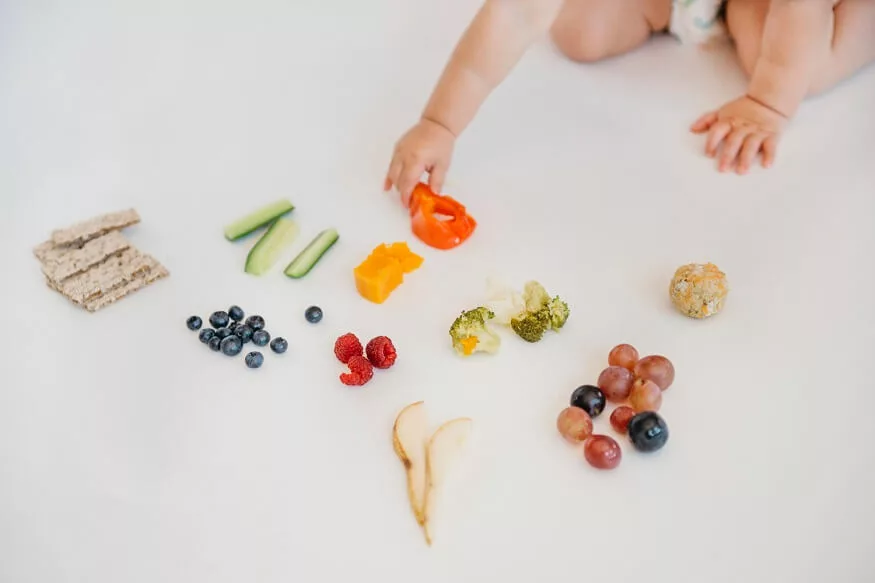In the bustling landscape of education, fostering empathy in toddlers and students is a vital aspect often overlooked. In addition to academic achievement, the ability to understand and articulate the emotions of others is a cornerstone of emotional intelligence. In this blog, we delve into the importance of empathy and explore practical ways to develop this vital quality in a child’s early educational years.
Understanding Empathy
Empathy, at its core, is the ability to comprehend and share the feelings of others. It goes beyond sympathy, as it involves not just acknowledging someone’s emotions but also experiencing and connecting with them on a deeper level. Empathy is a powerful social and emotional skill that forms the basis of healthy relationships, effective communication, and a compassionate society.
Also Read: How to raise kind children: Tips and benefits
Why Cultivating Empathy in Toddler Matters
Here are 10 reasons why cultivating empathy in toddler matters
- Foundation for Healthy Relationships: Empathy serves as the cornerstone for building meaningful and healthy relationships. Toddlers who learn to understand and share the feelings of others are better equipped to form strong bonds with family members, peers, and future friends. This early foundation in empathy contributes to the development of positive interpersonal skills.
- Communication Skills: Empathetic toddlers are more adept at effective communication. By understanding the emotions of those around them, toddlers can express themselves more clearly and respond to others in a considerate and constructive manner. This sets the stage for improved communication skills as they progress through childhood and beyond.
- Conflict Resolution: As toddlers encounter social situations, conflicts are inevitable. Empathy empowers toddlers to navigate these conflicts more successfully. By recognising and appreciating the feelings of others, toddlers can engage in problem-solving and find resolutions that foster harmony and understanding.
- Emotional Regulation: Empathy plays a crucial role in the emotional development of toddlers. It helps them recognise and regulate their own emotions while understanding the emotional states of those around them. This emotional awareness lays the groundwork for healthier emotional regulation as they grow, promoting mental well-being.
- Prosocial Behaviour: Toddlers with a well-developed sense of empathy are more likely to exhibit prosocial behaviours. They are inclined to share, cooperate, and help others, contributing to a positive and cooperative social environment. These prosocial behaviours are essential for building a sense of community and mutual support.
- Bullying Prevention: Empathy acts as a natural deterrent to bullying behaviour. Toddlers who understand the impact of their actions on others are less likely to engage in aggressive or hurtful behaviour. Fostering empathy at an early age promotes a culture of kindness and respect, creating a safer and more inclusive environment.
- Enhanced Social Understanding: Empathy expands a toddler’s social understanding by allowing them to perceive and appreciate diverse perspectives. This broadens their worldview and prepares them for navigating an increasingly diverse and interconnected society, fostering tolerance and acceptance.
- Academic Success: Beyond social and emotional benefits, empathy has been linked to academic success. Empathetic toddlers are often more engaged in learning, collaborate effectively with peers, and demonstrate a greater understanding of social dynamics within educational settings.
- Long-Term Well-Being: The cultivation of empathy in toddlers sets the stage for long-term emotional well-being. Empathetic individuals are more resilient in the face of challenges, experience greater life satisfaction, and build stronger social support networks, contributing to overall psychological health.
- Contributions to Society: Ultimately, toddlers who develop empathy are more likely to grow into compassionate and socially responsible individuals. They are better positioned to make positive contributions to their communities and society at large, creating a ripple effect of kindness and understanding.
Also Read: How to raise happy children: Tips and benefits
Practical Strategies for Cultivating Empathy In Toddlers:
- Model Empathetic Behaviour: Children learn by example. Teachers, parents, and caregivers play a pivotal role in modelling empathetic behaviour. Demonstrate kindness, active listening, and understanding in your interactions with others, providing a tangible example for children to emulate.
- Incorporate Literature and Storytelling: Integrate literature that explores diverse characters and their experiences. Books and storytelling offer a window into different worlds, fostering empathy by allowing children to step into the shoes of characters with varied backgrounds and emotions.
- Engage in Perspective-Taking Activities: Encourage activities that require children to see the world from different perspectives. Role-playing, discussions, and creative exercises help develop the ability to understand and appreciate the feelings of others.
- Promote a Culture of Inclusion: Create an inclusive environment where every child feels valued and accepted. Celebrate diversity and teach children to appreciate differences in culture, abilities, and backgrounds. This fosters a sense of empathy towards individuals with unique experiences.
- Encourage Open Communication: Create a safe space for children to express their thoughts and feelings. Encourage open communication by actively listening, validating emotions, and providing constructive feedback. This promotes a culture of empathy where everyone’s voice is heard and respected.
- Community Engagement and Service Learning: Involving children in community service projects provides hands-on opportunities to empathise with those in need. Whether it’s volunteering at a local shelter or participating in a community clean-up, these experiences instil a sense of responsibility and compassion.
- Teach Emotional Vocabulary: Help children articulate their emotions by teaching them a rich emotional vocabulary. When children can express their feelings accurately, it becomes easier for them to empathise with others and understand the nuances of various emotional states.
- Practice Mindfulness: Use mindfulness exercises to help children become more aware of their own emotions and surroundings. Mindfulness activities such as deep breathing exercises and guided meditation can increase emotional regulation and empathy.
Also Read: How to raise confident children: Tips and benefits
Cultivating empathy in toddlers and students is a holistic endeavour that involves educators, parents, and the broader community. By prioritising the development of this vital talent, we now not most effective make contributions to the emotional well-being of people however additionally foster a era capable of developing a more compassionate and interconnected global. As we embrace the obligation of nurturing empathetic young minds, we pave the manner for a destiny marked by way of expertise, kindness, and harmonious coexistence.
EuroSchool fosters empathy in toddlers and students through innovative curriculum integration. By incorporating real-world scenarios, community engagement, and character-building activities, the school creates a nurturing environment that instils compassion, kindness, and a deep understanding of others, shaping empathetic individuals for life.











